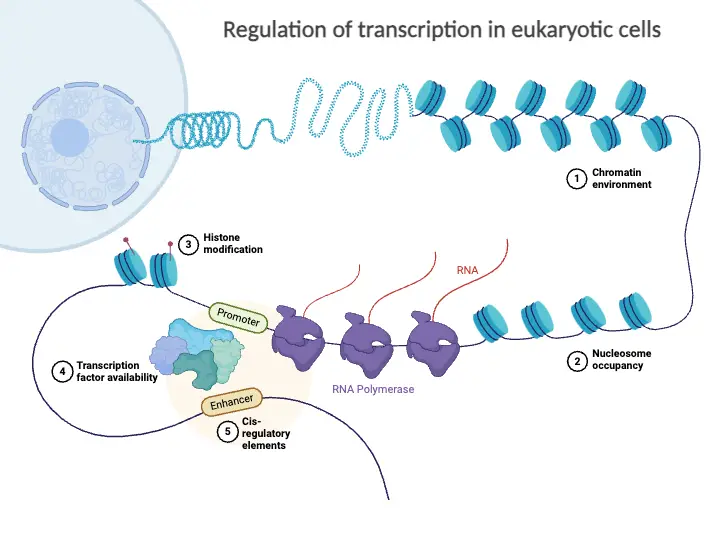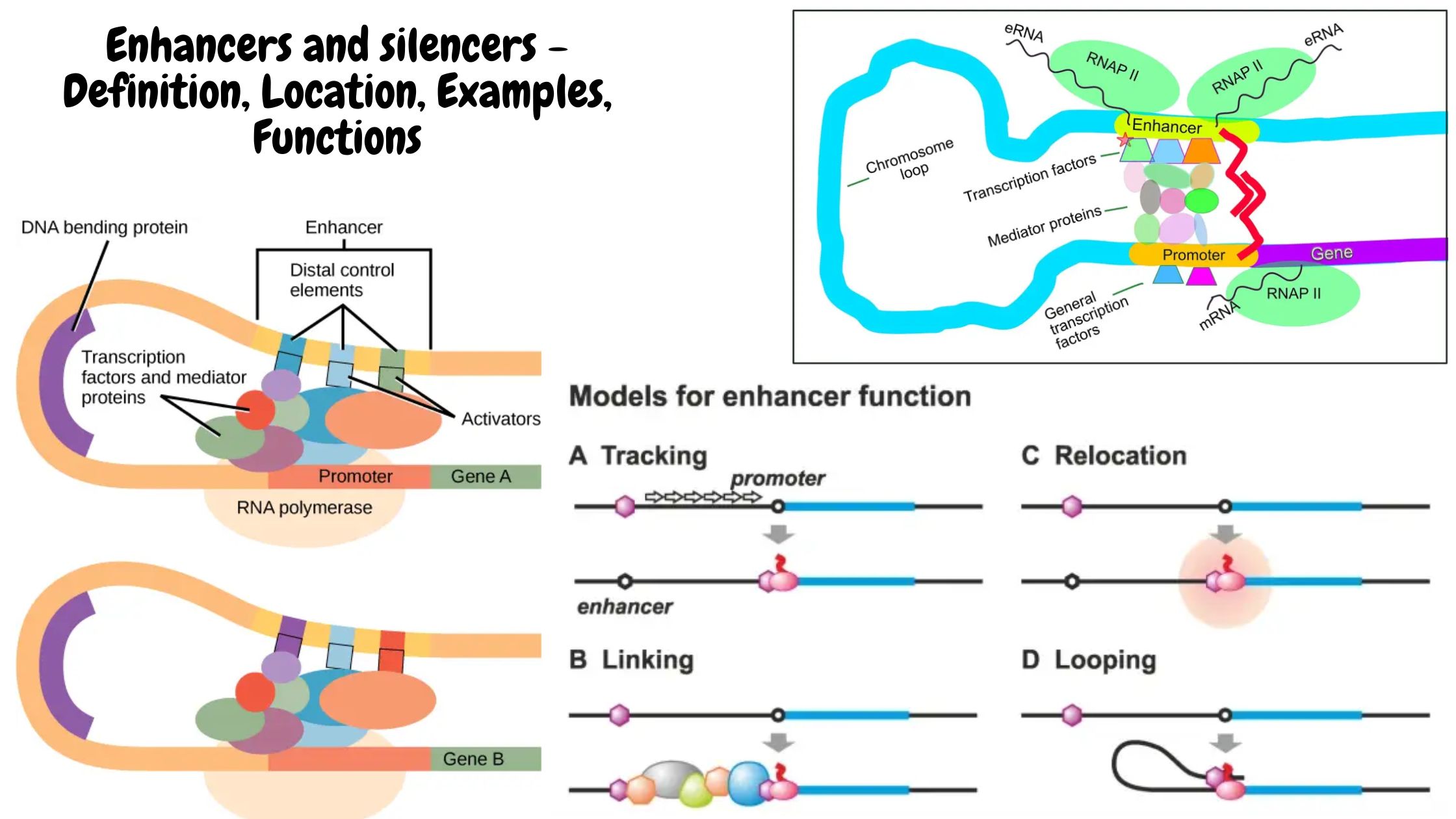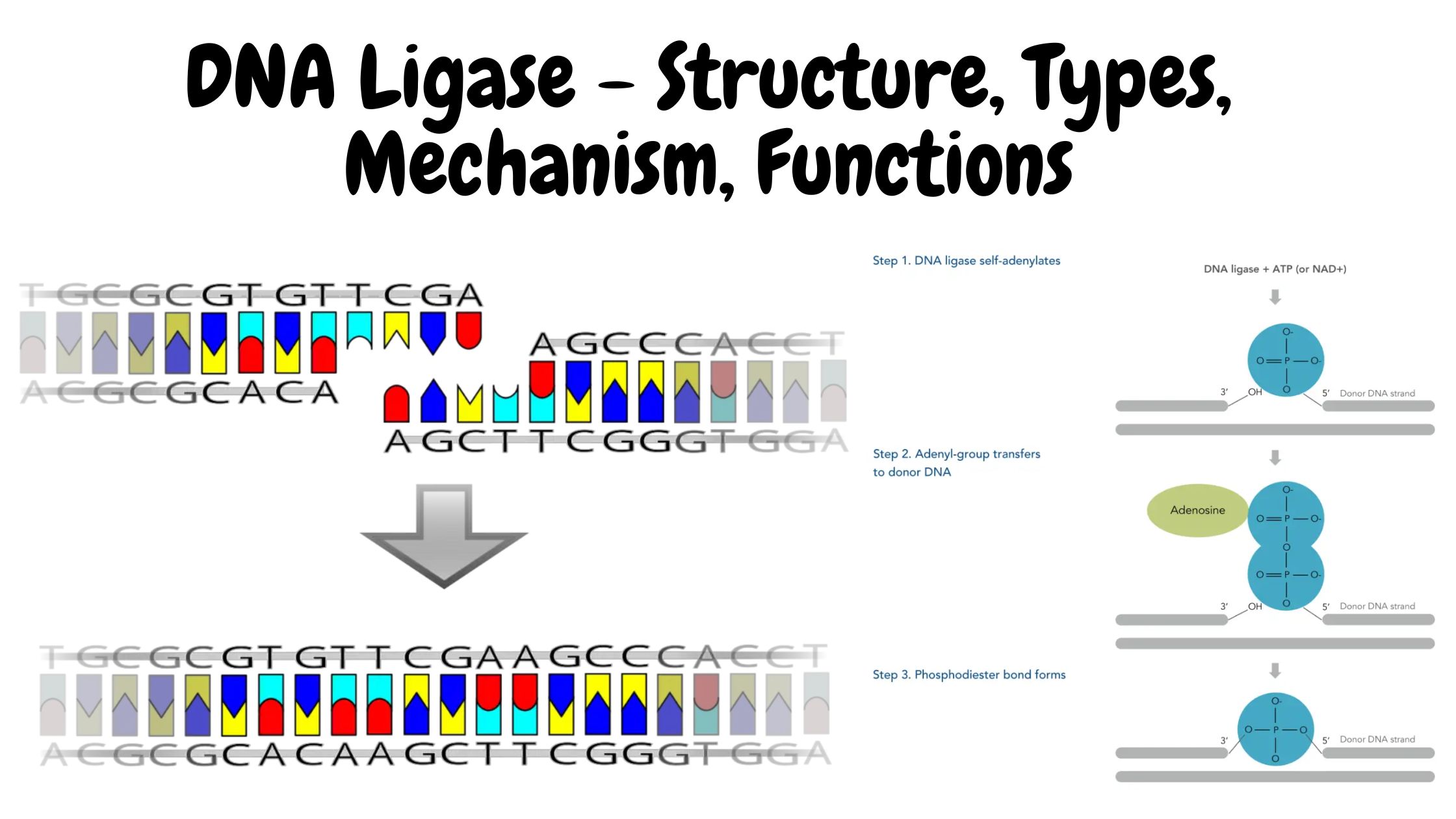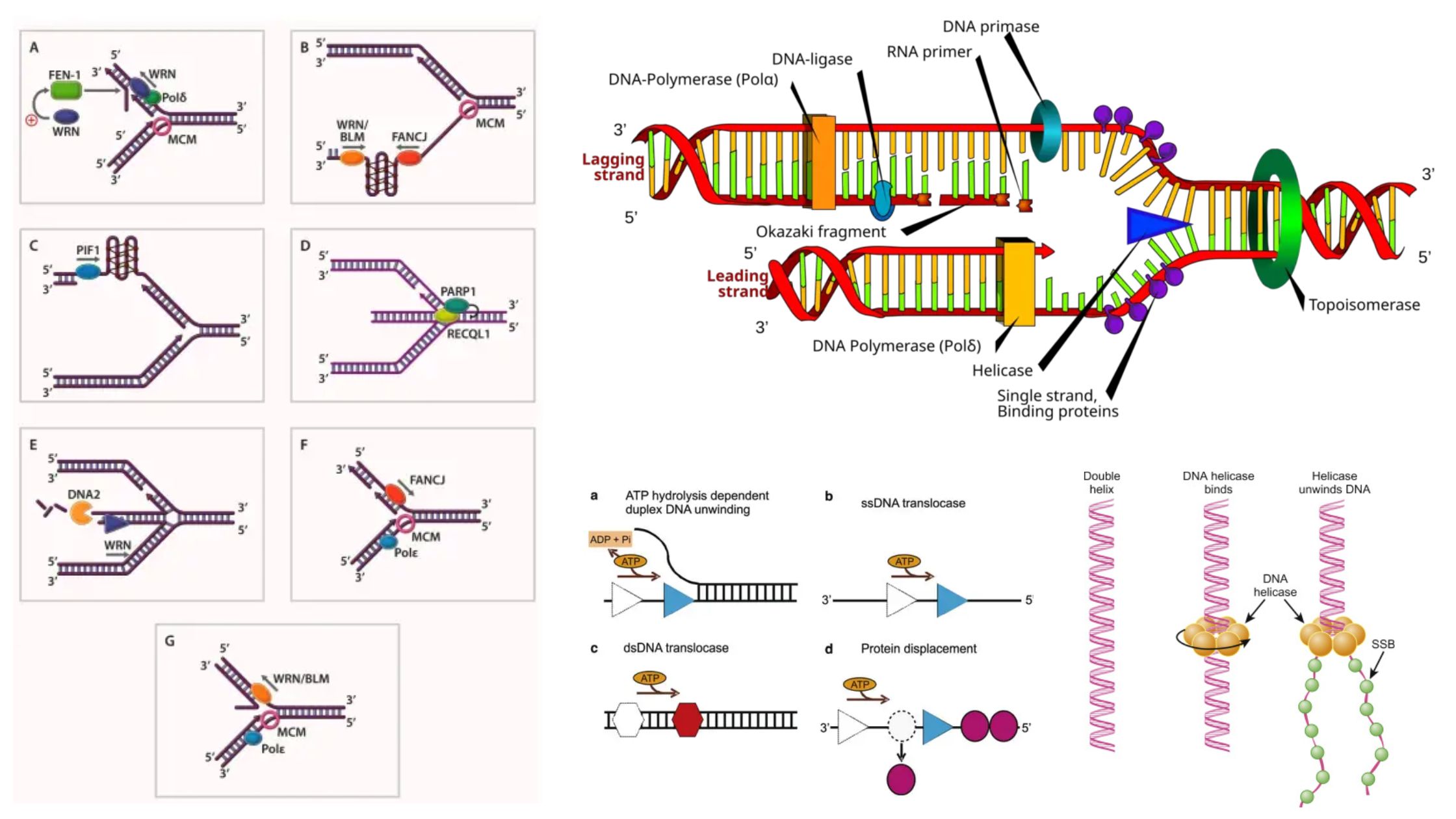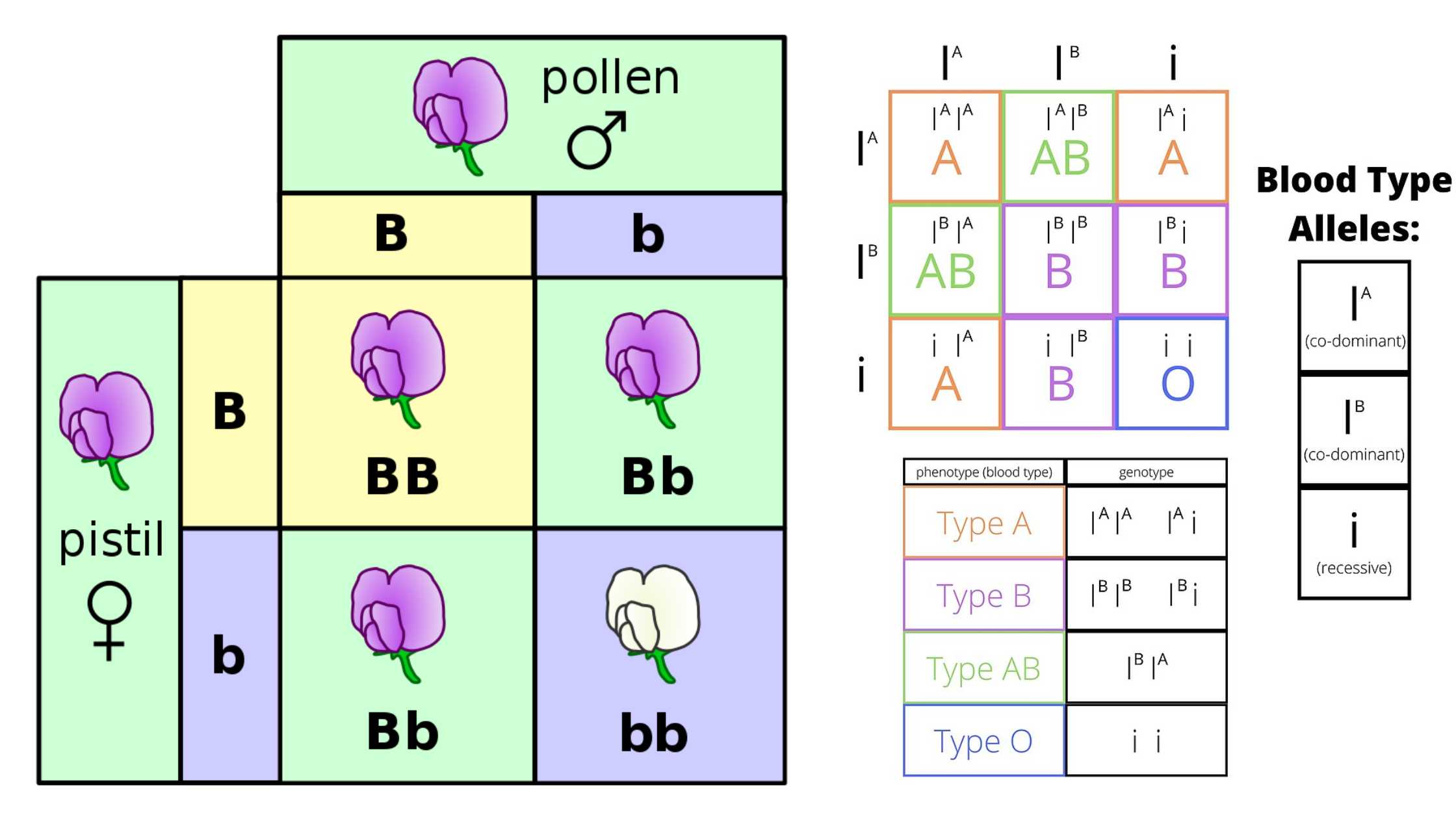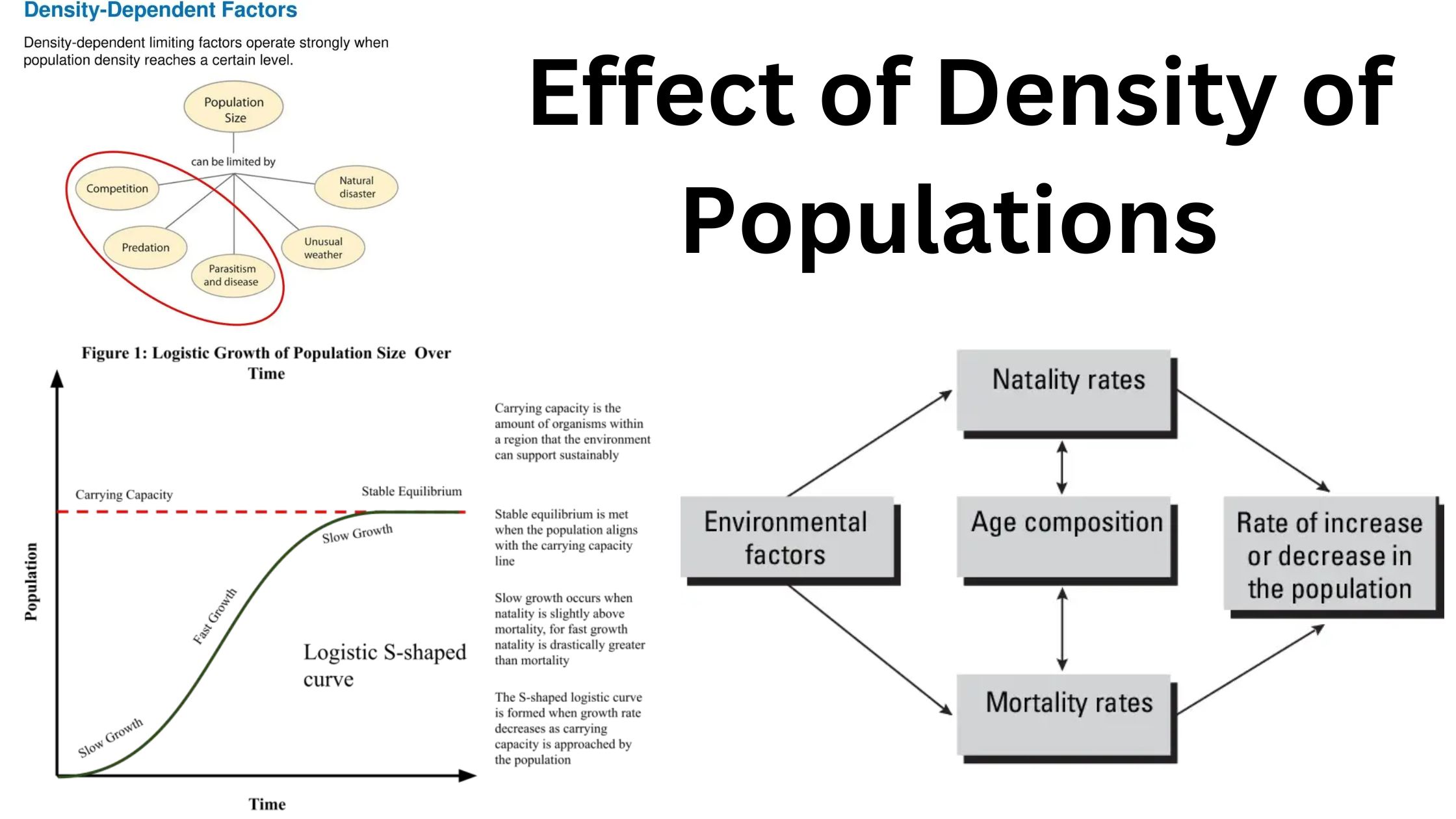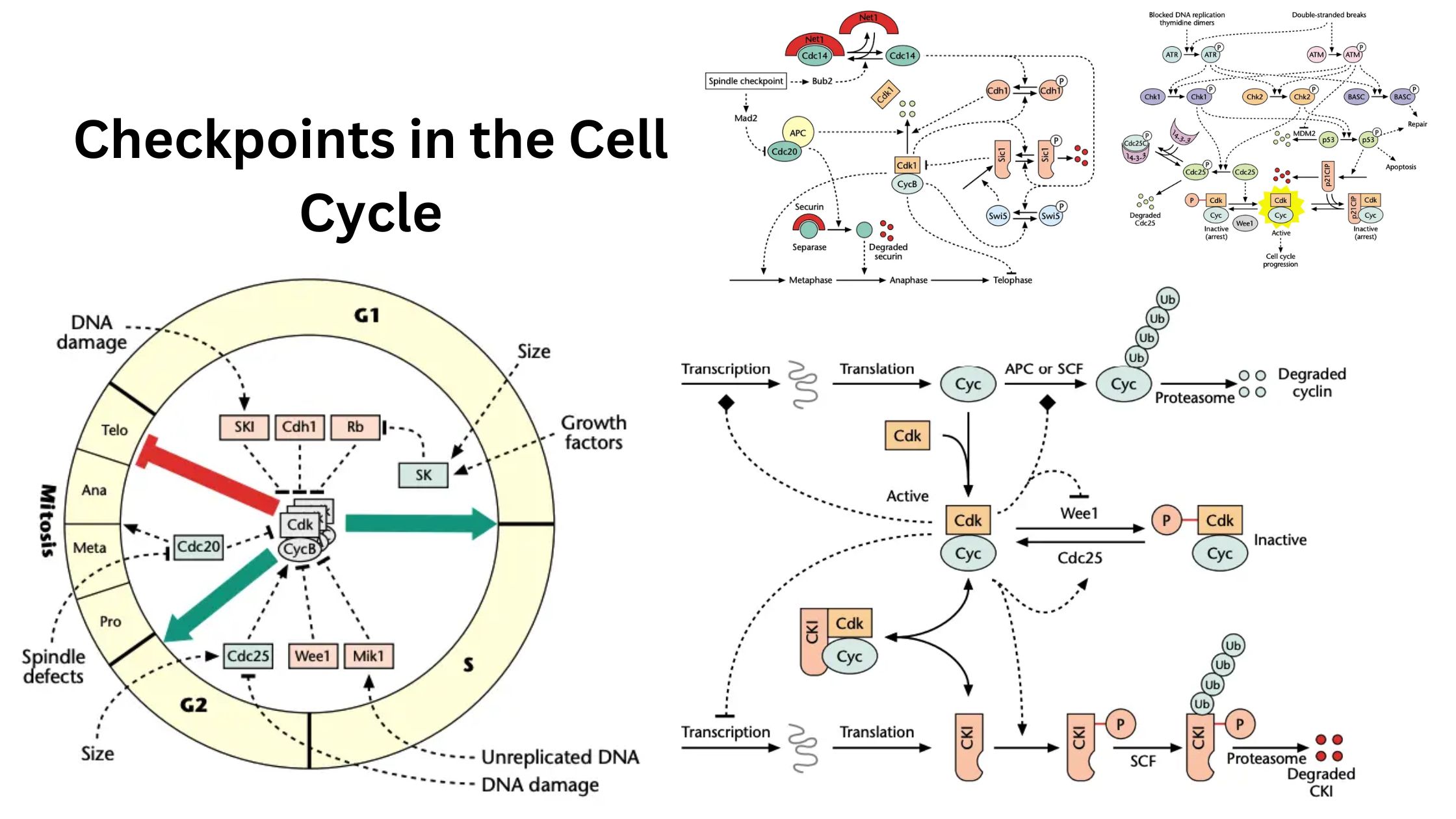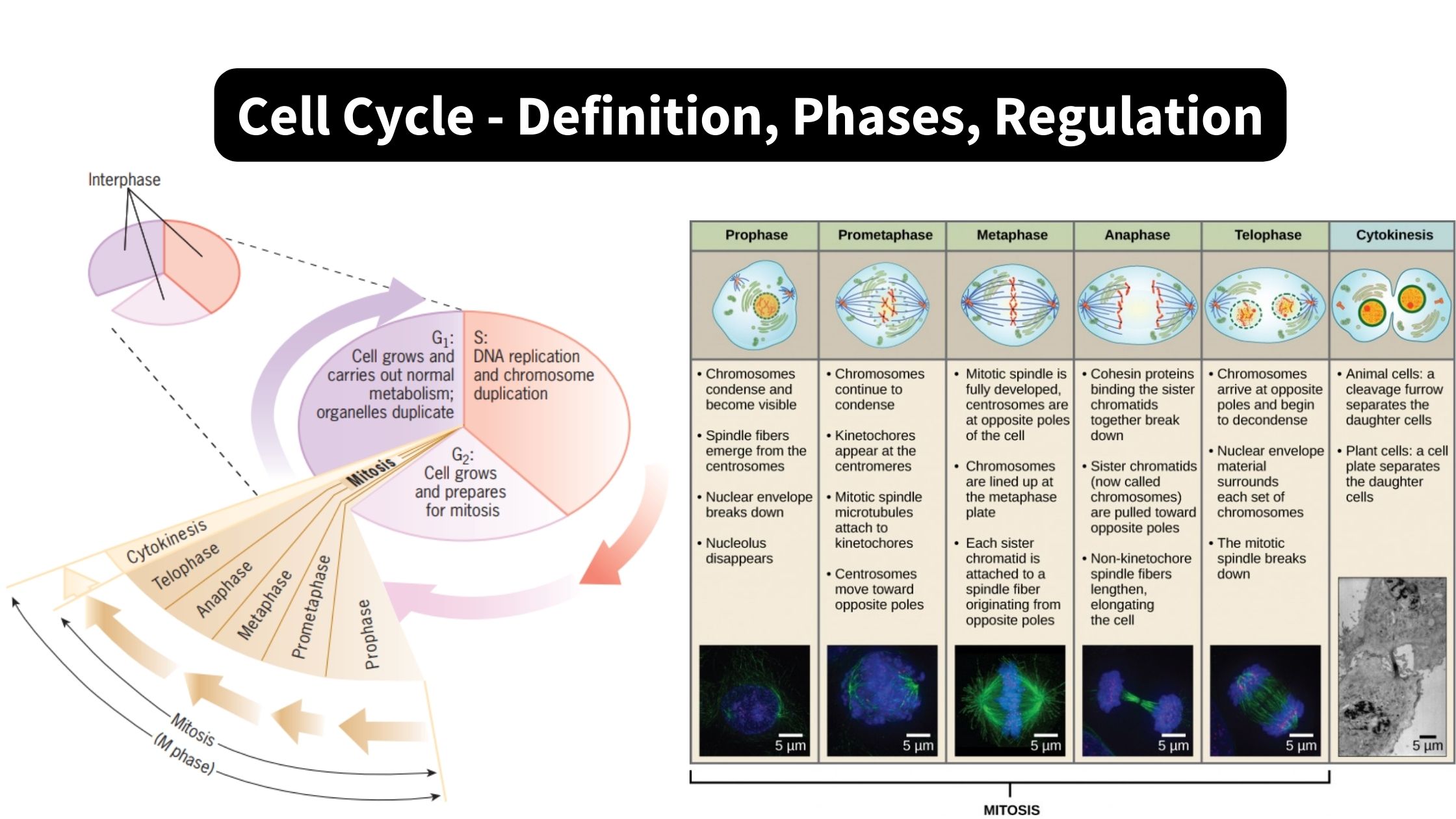Eukaryotic Gene Regulation – Mechanisms, Regulatory Elements
Eukaryotic gene regulation is a fundamental aspect of molecular biology that plays a critical role in the expression of genes within eukaryotic cells. This intricate system governs when, where, and how much specific genes are expressed, which is essential for the proper development and functioning of organisms, ranging from unicellular protozoa to complex multicellular organisms, … Read more
